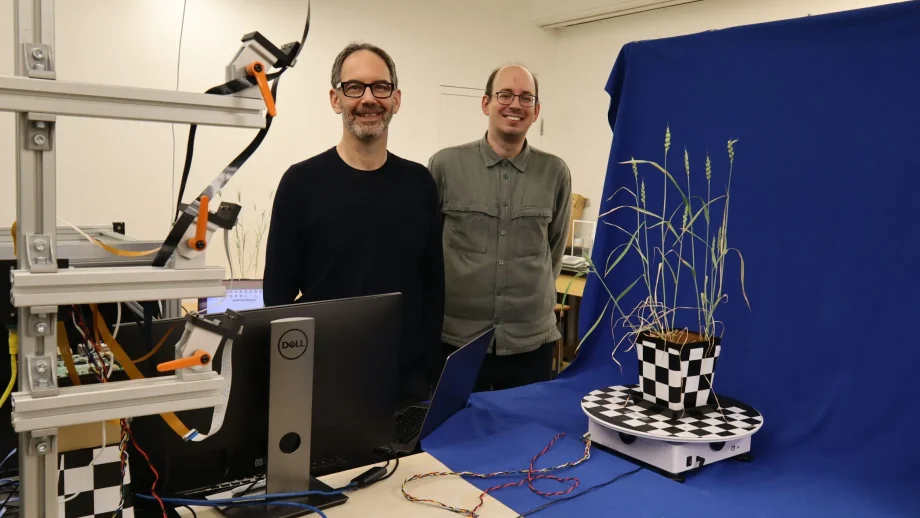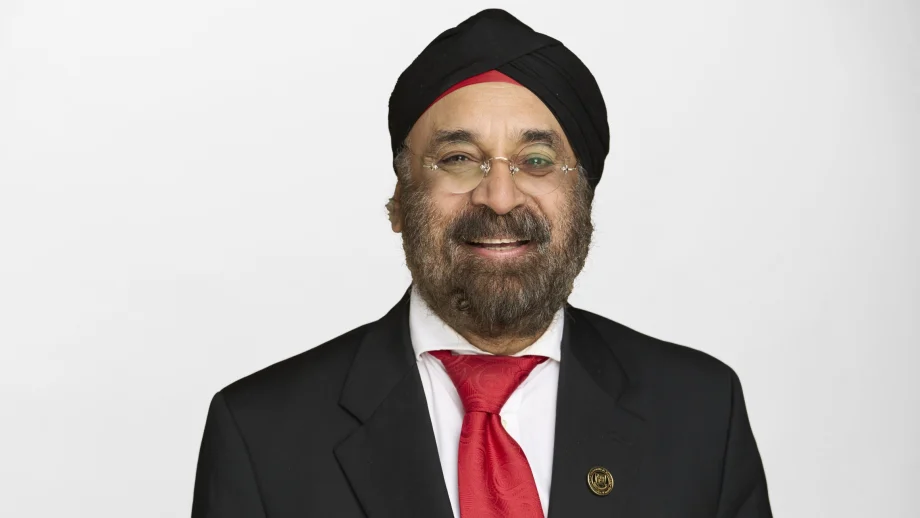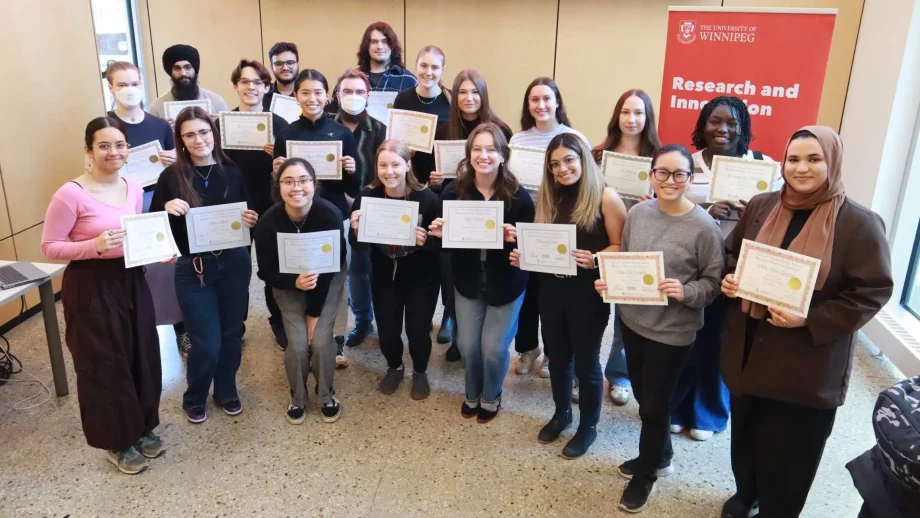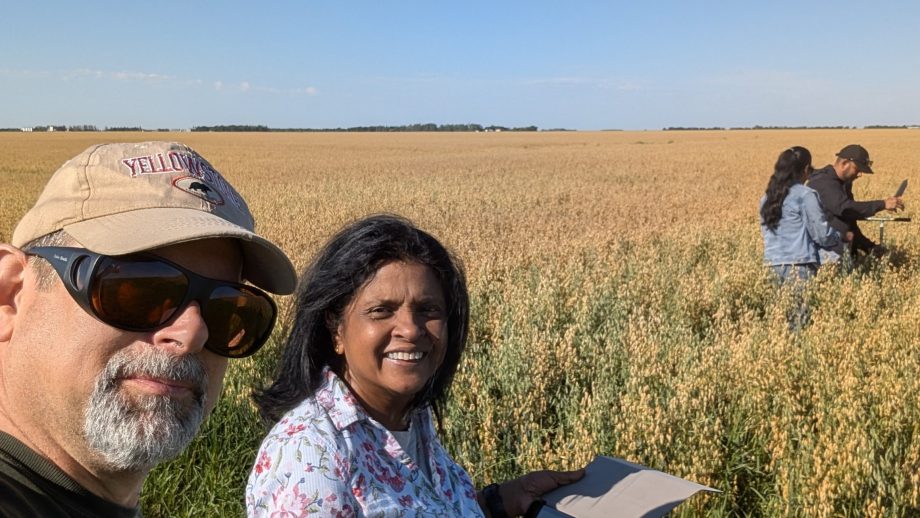Wearing facemasks in public, including while exercising, although uncomfortable, is the new normal in helping to stop the spread of COVID-19.
Over this past summer, UWinnipeg’s Assistant Professor Dr. Yannick Molgat-Seon (Department of Kinesiology & Applied Health), worked with a team of respiratory physiologists, exercise physiologists, and physicians from across North America to determine if face masks affect breathing during exercise. Their findings have been recently published in the Annals of the American Thoracic Society.
In this paper, Molgat-Seon and his colleagues reviewed literature on the effects of various facemasks and respirators on the respiratory system during physical activity. Using data from several models including cloth face coverings, surgical masks, N95 respirators, and industrial respirators, they summarized all of the available evidence concerning the physiological and sensory effects of wearing a facemask during exercise.
“There’s been a great deal of misinformation concerning the effects of wearing a facemask during exercise,” said Molgat-Seon. “It’s important for the public to know that although wearing a facemask during exercise may be slightly uncomfortable, the effect on lung function or the ability to exercise is negligible.”
The only exception notes Molgat-Seon, is maybe individuals with severe cardiopulmonary disease for whom any added breathing resistance, or rebreathing of exhaled gas, could lead to a substantial increase in feelings of shortness of breath and negatively affect exercise capacity.
They concluded that although sensations of shortness of breath might increase, there is little empirical evidence that wearing a facemask significantly diminishes lung function, even when worn during heavy exercise.
Authors include: Susan R. Hopkins, University of California San Diego; Paolo B. Dominelli, University of Waterloo; Christopher K. Davis, UC San Diego and Rady Children’s Hospital-San Diego; Jordan A. Guenette and A. William Sheel, University of British Columbia; Andrew M. Luks and Erik R. Swenson, University of Washington; Yannick Molgat-Seon, University of Winnipeg; Rui Carlos Sá, UC San Diego; and Michael K. Stickland, University of Alberta.





